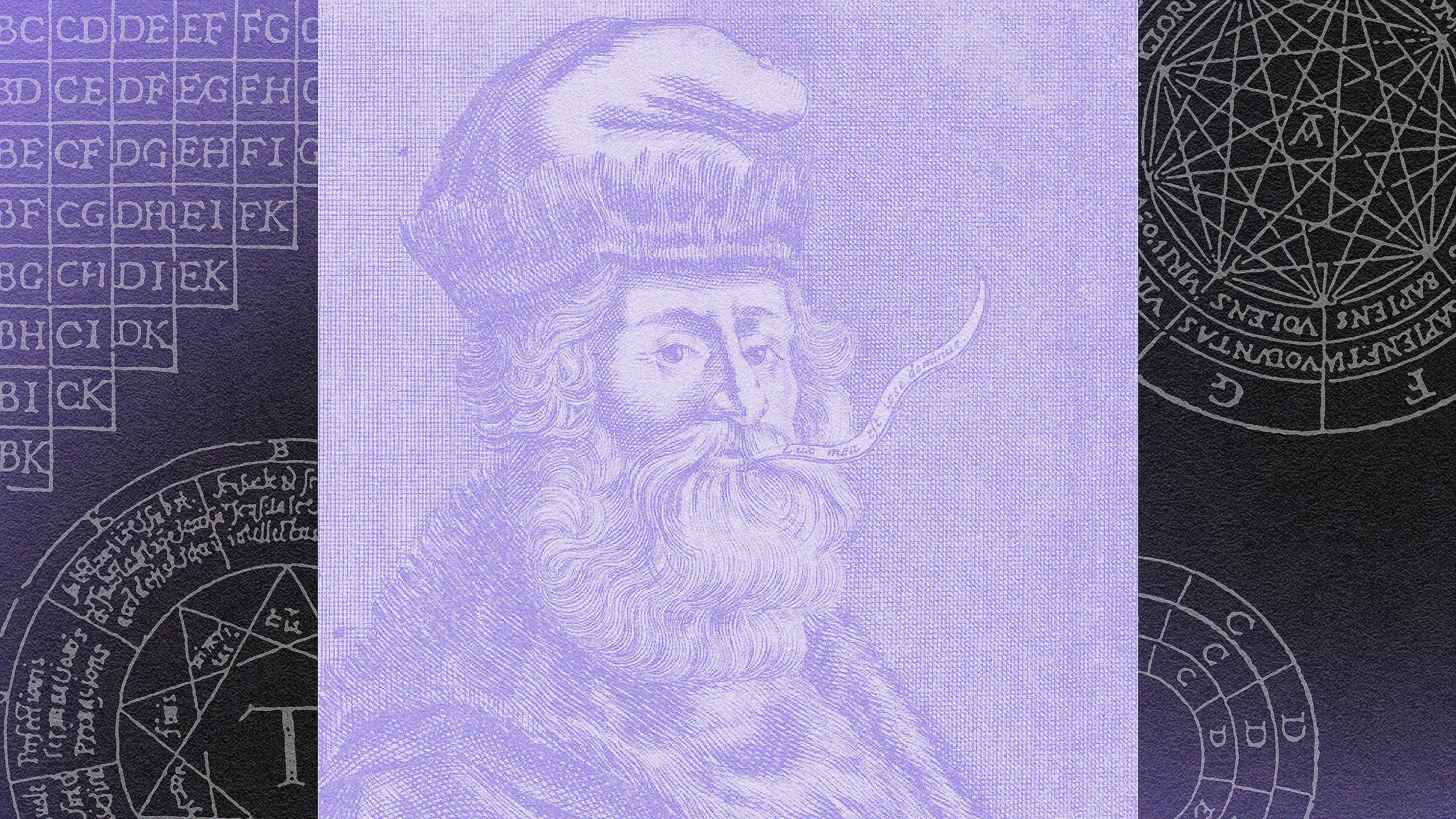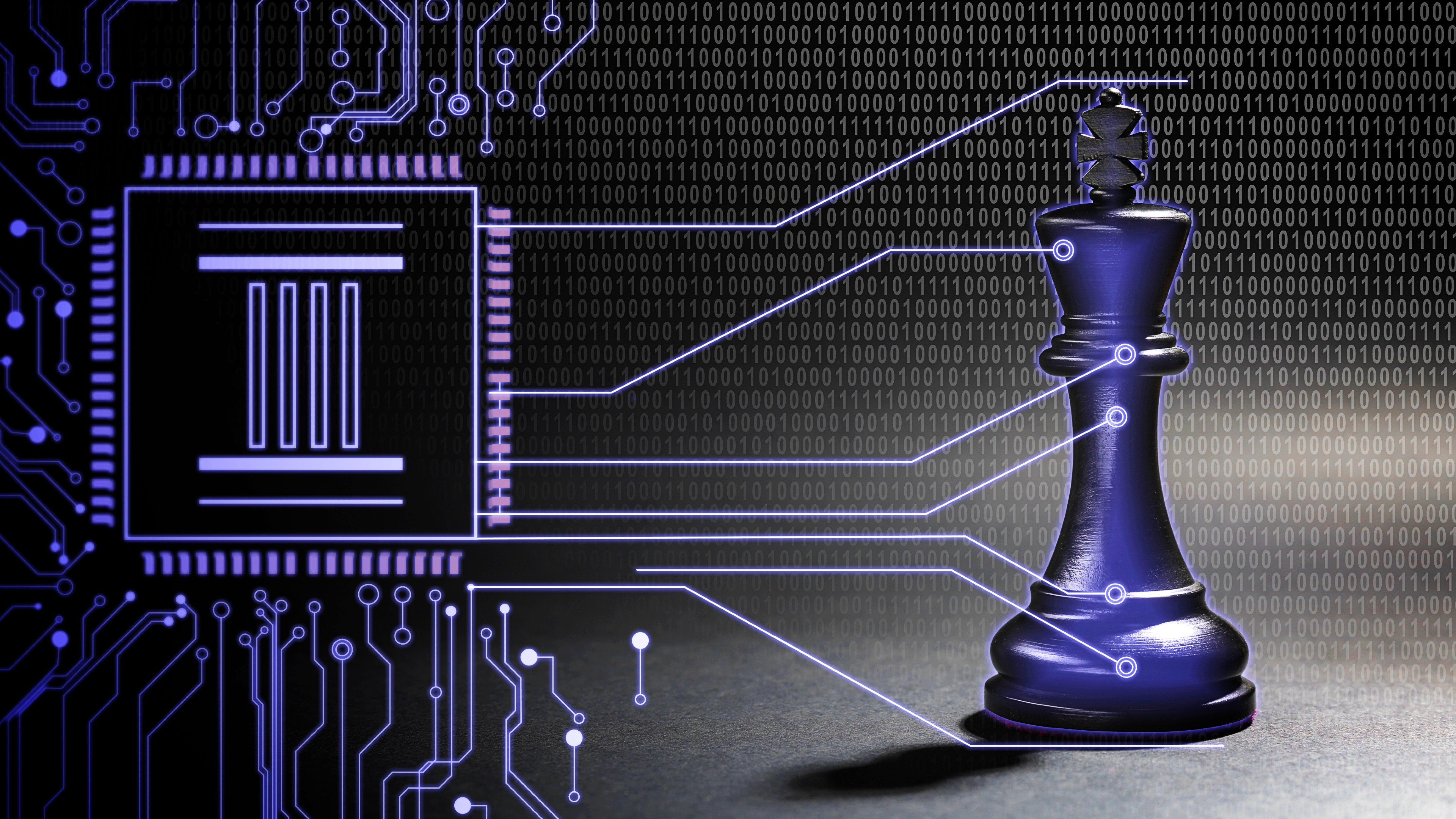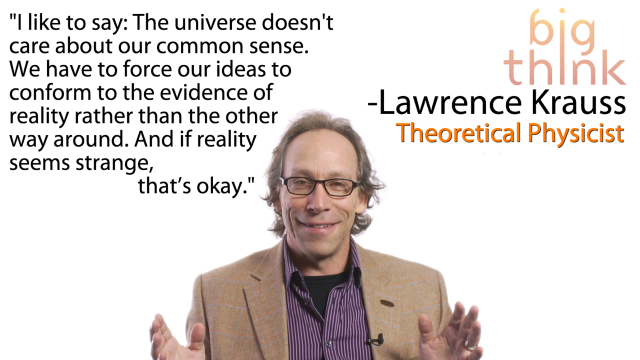Why Humans Can Solve Some Problems Better Than Computers, with Luis von Ahn

Back at the beginning of the century, a 21-year-old Luis von Ahn helped invent CAPTCHA, which is that familiar internet thing you see above this post. Commonly used as a security mechanism, CAPTCHA is a way for a website to determine if someone trying to obtain access is actually human and not a computer. In his recent Big Think interview, von Ahn describes how the idea behind CAPTCHA formed the essence of reCAPTCHA, which he invented in 2007. ReCAPTCHA relies on what is known as human computation, which harnesses the unique abilities of both humans and computers to accomplish difficult tasks:
In describing human computation, von Ahn explains that both computers and humans have their own sets of advantages and disadvantages when it comes to problem solving:
"There are problems that computers cannot yet solve. It's funny because some of these problems are very simple problems seemingly. For example, a computer cannot tell you what's inside an image. They can tell you somethings but it can't really quite tell you there's a cat next to a dog and they're both running. A computer can't do that. Well humans, we can do it super easily."
Simple enough in concept, right? There may soon come a day when computer cognition takes a huge step forward and current limitations vanish. But until then, image identification and thematic analysis are the stuff of human expertise. Way to go, fellow humans.
On the flip side though...
"There are also things that computers can do that humans can't do. I mean computers can multiply humongous numbers, humans may be able to do it but very slowly and we're error-prone."
Alas, we dumb humans exhibit our own limitations, particularly when it comes to the scale of a certain task. Any one person could memorize a poem yet no human being could memorize every piece of poetry written since Antiquity. Computers can and do. In a way, we and computers form a Yin to each other's Yang. Our abilities match up with computers' weaknesses like corresponding puzzle pieces.
This is where human computation comes in.
So the essential idea is that there are certain tasks that require both a human's attention to detail and a computer's ability to store vast quantities of information. These are problems neither side can solve alone. Human computation therefore harnesses the talents of both. This is how reCAPTCHA works:
"The Idea with reCAPTCHA is that we take a problem that neither humans nor computers can solve by themselves, which is fully digitizing books. The idea there is we would like to digitize books. And the way this process works is you start with a book and then you scan it. The next step in the process is that the computer needs to be able to decipher all of the words in this picture. It's a picture of words. The computer needs to be able to decipher all of those words. The problem is that sometimes the computer cannot decipher these words because for older books the ink has faded a little or the pages have turned yellow so the computer cannot decipher all of the words. But, humans can."
You may, at this point, be able to identify where von Ahn is heading here. Just like he explains in his interview about Duolingo, von Ahn has created a piece of technology that serves multiple purposes. ReCAPTCHA is partly a security device and partly a tool of crowdsourcing brilliance. It's still the same idea as CAPTCHA, except with one added component:
"So what we're doing with reCAPTCHA... the idea is that some of these [squiggl CAPTCHA] words, nowadays some of these words are words that are actually coming from books that the computer could not recognize in this process and we're using what people enter to help us digitize the books."
Von Ahn sold reCAPTCHA to Google in 2009. Since its inception, over 1.1 billion people worldwide have contributed by way of reCAPTCHA to the digitization of old books. Google is now digitizing 2 million per years utilizing the respective powers of humans and computers.
And that's how human computation works.





